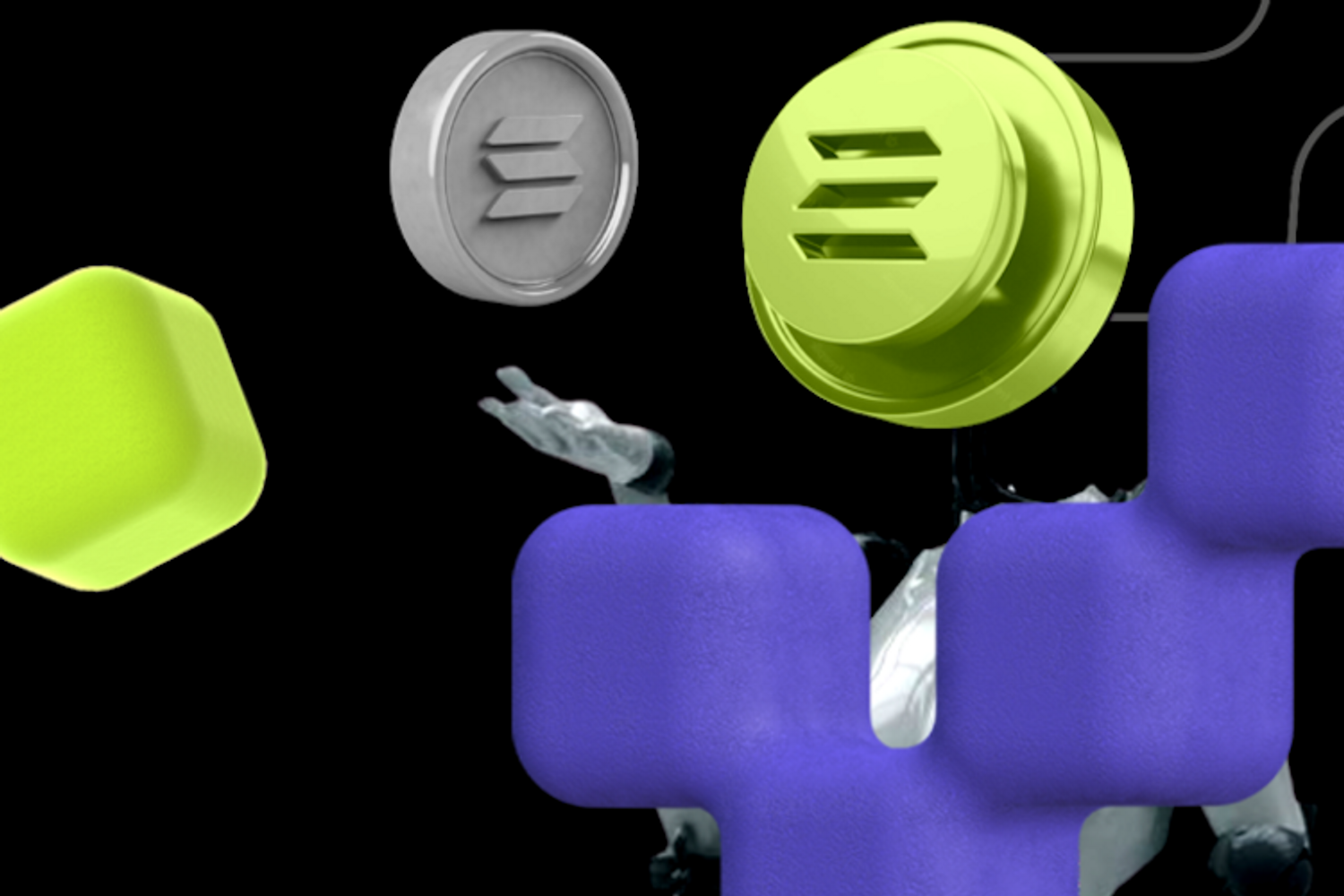Solana's DeFi: Poised for Renaissance Amid the Rubble
Despite the aftermath of the FTX debacle, the Blockworks team envisions a renaissance for Solana's DeFi. They see opportunity in the wreckage, with unique tech and high-throughput potential paving the way.
While many blockchain enthusiasts viewed the aftermath of the FTX debacle as a crisis for Solana's DeFi ecosystem, the Blockworks Research team sees a unique opportunity on the horizon. According to their Senior Research Analyst, Dan Smith, the beleaguered Solana ecosystem is "primed for a renaissance."
Although Solana's DeFi infrastructure currently resembles a "smoldering wreckage," as Smith so eloquently put it, there's an undercurrent of optimism that the tides will soon turn. Amid the chaos, Smith and his fellow researchers see a fertile ground where "great founders" are building and innovating, laying the groundwork for Solana's comeback.
Solana's value proposition in the blockchain space lies in its high throughput capability. This trait puts it at an advantage over Ethereum, which, as Smith argues, struggles with issues such as sequencer decentralization and flaws in social consensus mechanisms due to its modular design. Solana's "single-shard" solution could offer a way out of these problems, enabling significantly higher transaction rates.
Smith acknowledges that this path is not without its challenges. However, he is drawn to the prospect of a solution that deviates from the status quo, stating that the modular side of things is not "all sunshine and roses." In fact, several teams are now actively developing DeFi solutions on Solana's platform, including Jito, a promising "MEV-focused liquid staking solution," and MarginFi, a lending protocol. Smith insists that despite the hardships, "there's still some interesting tech there, and I'm interested in what's to come."
Blockworks Research Analyst, Ryan West, also echoes the sentiment, spotlighting the platform's technical differentiators. West argues that "synchronous composability within the same block," a feature unique to Solana, could be a game-changer. This attribute facilitates highly fluid user experiences across multiple applications, a distinct edge in the competitive DeFi landscape.
Like Smith, West observes a vibrant array of teams busily crafting DeFi tools for Solana. He envisions an imminent resurgence of the platform's ecosystem, stating that once it starts to attract more capital and users, it is "definitely primed for an explosion."
Host Mike Ippolito recognizes the platform's current "cold start problem" as a barrier to immediate growth, pointing out that the platform currently lacks a robust DeFi ecosystem, and adoption rates for liquid staking are quite low. However, he sees this as a solvable issue, one that could lead to an accelerated growth cycle once addressed. Ippolito firmly believes that once this momentum gets rolling, it could be a spectacular upswing for Solana's DeFi.
Despite the wreckage left behind by the FTX meltdown, the Blockworks Research team views this as an opportunity for Solana's DeFi ecosystem to regroup, rebuild, and potentially witness a remarkable revival. As the saying goes, "from the ashes of disaster grow the roses of success."


